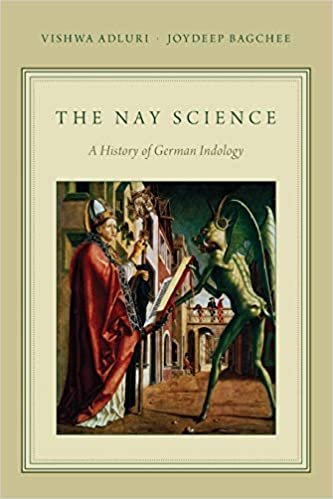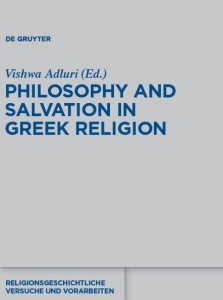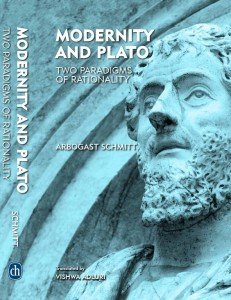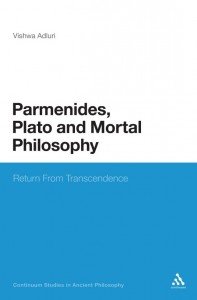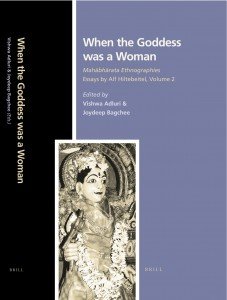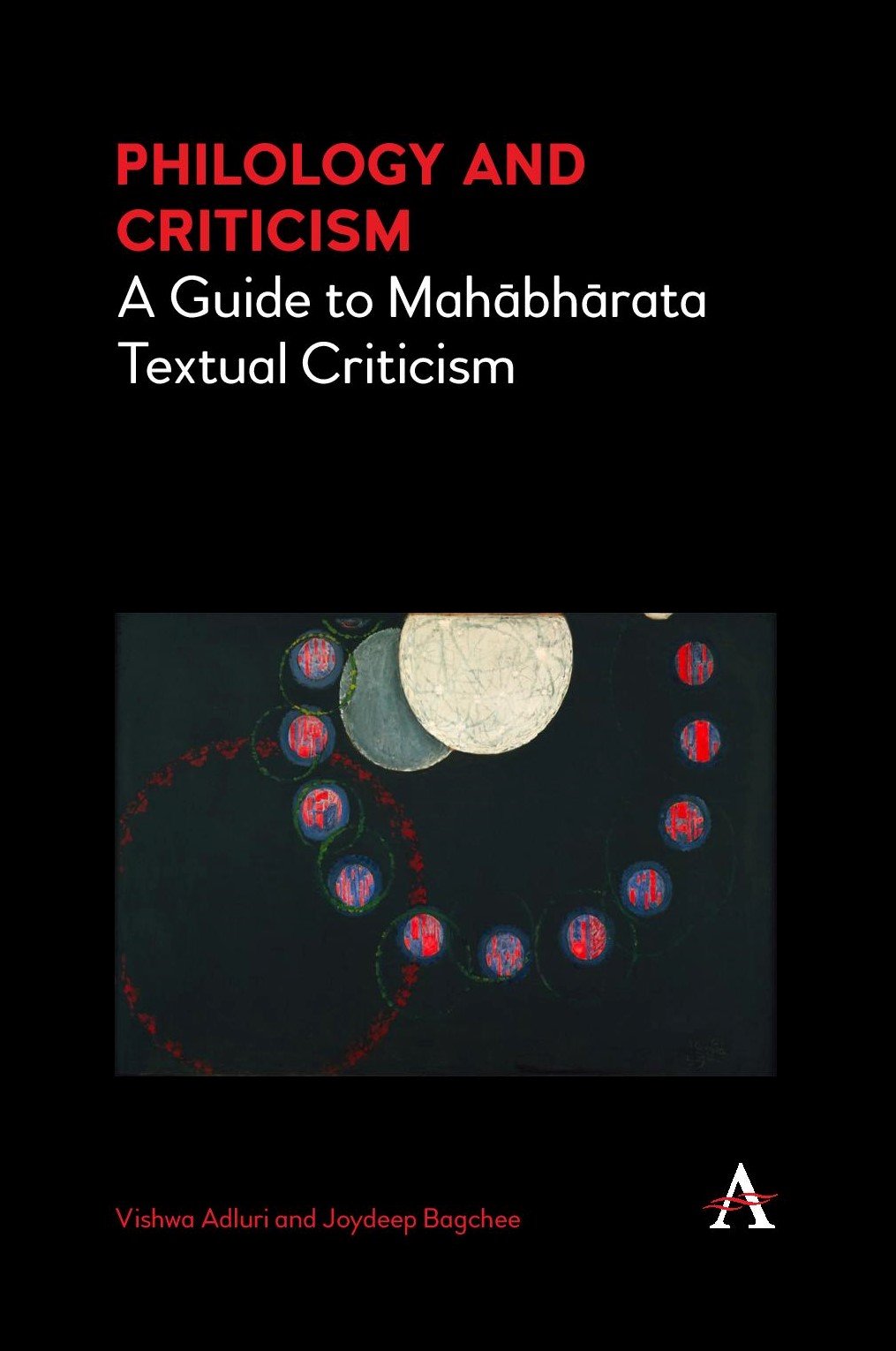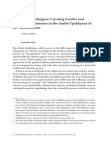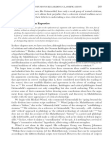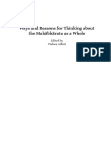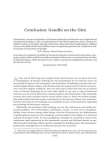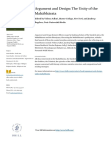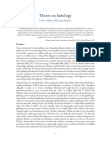
Prof. Vishwa Adluri, PhD
Professor, Scholar, and Speaker
Vishwa P. Adluri is a Professor in the Philosophy Department at Hunter College, New York. His work focuses on the reception of ancient thought—both Greek and Indian—in modernity. He is the author of Parmenides, Plato and Mortal Philosophy: Return from Transcendence, The Nay Science: A History of German Indology, and Philology and Criticism: A Guide to Mahābhārata Textual Criticism. He has authored over thirty articles and essays and edited several volumes on the Mahābhārata and on Greek and Western philosophy. Adluri holds a PhD in Philosophy from the New School for Social Research, New York, a PhD in Indology from Philipps University, Marburg, and a PhD in Sanskrit from Deccan College, Pune. He has also completed translations from German and from Sanskrit into English.

Professor Adluri’s philosophical inspirations are Nietzsche and the work of his teacher Reiner Schürmann. Trained in the tradition of Continental philosophy under Joan Stambaugh (Hunter College) and at the New School for Social Research in New York, Adluri later turned his attention to the pre-Socratic thinkers, working under classicists such as Seth Benardete and John Lenz. His interest in Homeric epic and in pre-Socratic philosophy led to a systematic engagement with Indian thought as mediated through the Sanskrit epic, the Mahābhārata. In parallel with this study, Professor Adluri also undertook an incisive critique of the nineteenth-century German reception of this text, focusing on its use in constructing religious and nationalist identity. His current projects include a reader of primary sources in the Aryan race theory and a volume of essays on the Mahābhārata as a literary philosophical text.

Adluri’s early work in Greek philosophy countered the standard readings of Parmenides and Plato as “metaphysicians” and demonstrated their concern with the mortal condition. He also worked on the Homeric epics to show how Homer preserves the singular. Confronted with nineteenth-century notions of “scientific” method in the humanities while completing his PhD from Marburg, Adluri responded with a critique of German Indology. He showed how Indologists’ idea of a presuppositionless method originated in Protestant hermeneutics, particularly its anti-clerical and anti-Judaic prejudices (Schechter pointedly calls “higher criticism” “higher anti-Semitism”). Adluri continues to explore the intersection between race, colonial consciousness, and the research university’s role in legitimizing prejudices. His studies on the Mahābhārata indicate how we can read the text philosophically, aesthetically, and ethically, by abandoning the scientism of the so-called text-historical method.
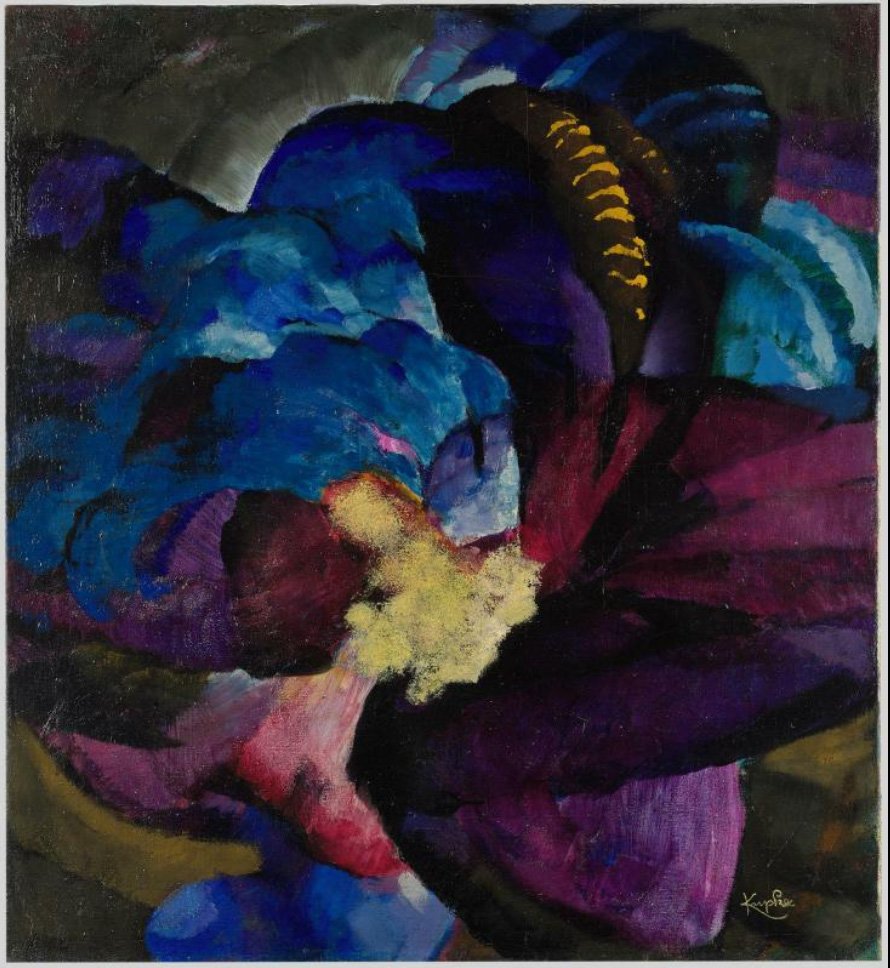
Media
Professor Vishwa Adluri, Hunter College, was awarded the Distinguished Indologist Award (2019) at a ceremony held at India House, the Consulate General of India, New York, on June 28, 2022. The award, which was presented by Dr. Vinay Sahasrabuddhe, the President of the Indian Council for Cultural Relations (ICCR), recognizes foreign scholars who have made outstanding contributions to research and teaching in the field of Indian studies. Professor Adluri was honored for his distinguished service to the profession and publications that have changed the field of Indology.
Read writeups from: Hinduism Today, The South Asian Times, The Indian Panorama, The Indian Eye, News India Times, Consul General of India (USA), and Indian Star.
